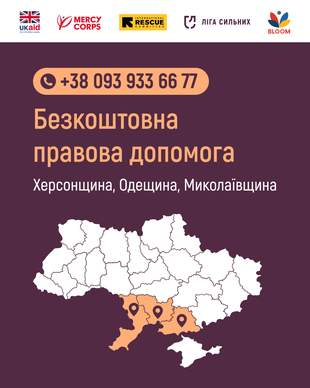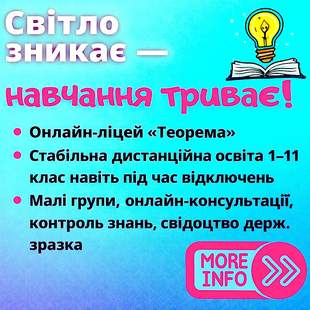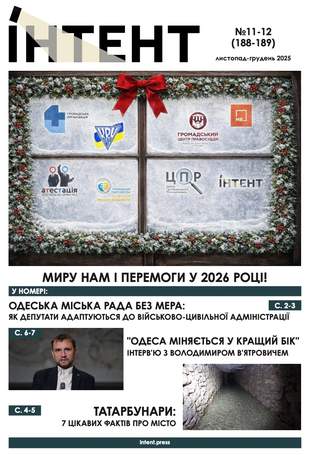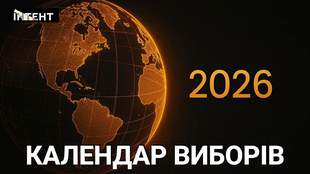Меню
Соціальні мережі
Розділи
Nov. 22, 2024, 11:23 a.m.
Editor-in-chief of Crimean Tatar children's magazine goes missing in Crimea
This article also available in English149
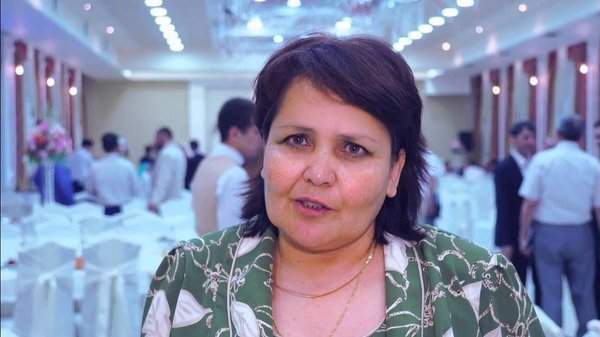
Photo: YouTube/Mukhamed Ali Sulaymanov
The editor-in-chief of the Crimean Tatar children's magazine "Armanchyk", 61-year-old Ediye Muslimova, disappeared in the occupied Crimea. She has not been in touch since the evening of November 21. Her personal and work phones are currently turned off. Ediye's car is still parked outside her house. Relatives filed a statement with the occupation police and began searching for her.
According to her niece Elzara Muslimova, she last spoke with Ediye in the morning of November 21.
"We talked to her and she said that she was going to finish some chores at home and was leaving Simferopol from Kievskaya Street in the direction of Sudak to the village of Sonyachna Dolyna to her mother," the Crimean Solidarity NGO quoted the niece as saying.
"Armanchyk is the only glossy children's magazine in the Crimean Tatar language. It has been published on the peninsula since 2011 and comes out monthly.
According to Elzara, Ediya Muslimova's mother is 91 years old. She needs the care of her daughter and outside help. The elderly woman has a first-grade health disability. At 18:00, she called Elzara and said that Ediya was still missing.
"My grandmother hasn't called her since 4 pm. Even at 3 pm, her nephews called her, but she was no longer in touch. I started calling her. She has two phones (her work phone and her regular phone), and both phones are turned off. There is no connection: no Telegram, no WhatsApp, no Viber," the niece added.
Elzara Muslimova has already filed a statement with the occupation police, and is preparing a statement to the "prosecutor's office" of Crimea and the FSB.
Nariman Dzhelial, Deputy Chairman of the Mejlis of the Crimean Tatar people, at the second international conference"Crimea Global. Understanding Ukraine through the South" said that today no citizen in Crimea can feel safe and be sure that if necessary, he or she will be able to protect their rights and lives.
"Terror against Crimeans continues even after 10 years of war," he said.
According to him, Crimean residents are forced to live in an atmosphere of fear and suspicion, a crisis of trust in each other, and are forced to take actions against their will under pressure from the Russian authorities. For example, to participate in illegal elections, support the war or engage in political propaganda activities.
